Even if it hasn’t made its way to your plate or pantry, there’s still a good chance you’ve heard of gochujang, the sweet-spicy-savory (and just funky enough) Korean pepper paste. Making its way into more restaurant dishes and home recipes, this latest darling of the condiment world is made from red pepper, sticky rice, fermented soybeans and salt. A small amount enlivens sauces, soups, braises, marinades, vinaigrettes and other dishes.
“It’s very versatile with a great depth of flavor,” says Chow Yum Phat co-owner Jordan Ramirez. “It has a great pepper flavor without being too spicy, and it can be used in sweet and savory applications.” The restaurant uses gochujang in a number of different dishes, including its Wild Chow wings, Oskar’s Wild ramen and in the signature hot honey used to flavor its hot honey chicken bao and hot honey wings. Ramirez says his team also makes gochujang aioli for use in pork Phat and Phat Cow bao.
Gochujang is sometimes erroneously referred to as Korean ketchup. But with its intense, concentrated flavor, a better comparison would be miso or even jarred roux—other dense pastes that help a dish bloom with savory umami.
“We’re seeing folks grab it as they get serious about building their condiment pantry,” says Anne Milneck, owner of Red Stick Spice Company. “We’re seeing a lot of experimenting at home with Asian cuisines.”
Most often, you can find gochujang in shelf stable tubs. Refrigerate it after opening, but because it’s fermented, it will keep for several months. Some manufacturers even advise up to two years.
Bottled gochujang sauces are also commercially available, but those have already been blended with other ingredients, so they can be used straight. Gochujang also shouldn’t be confused with gochugaru, which refers to dried chili flakes (one of the components in gochujang). Along with Red Stick Spice Company, find gochujang at Baton Rouge’s international grocery stores and its larger supermarkets.
Milneck, a chef, says after spending her days teaching cooking classes, advising customers and writing recipes, she’s often at a loss about what to cook at home. Gochujang has been a favorite go-to ingredient, she says. Typically, she tosses a spoonful into just cooked noodles, adding a little pasta water to blend. Joined by a rotisserie chicken and some fresh vegetables, it’s a speedy meal with hefty, well-formed flavors.
“You make your life so much easier by using something like this, which is so complex and so well-made,” Milneck says.
Looking for additional inspiration on how to use gochujang? Try these Baton Rouge restaurant dishes.
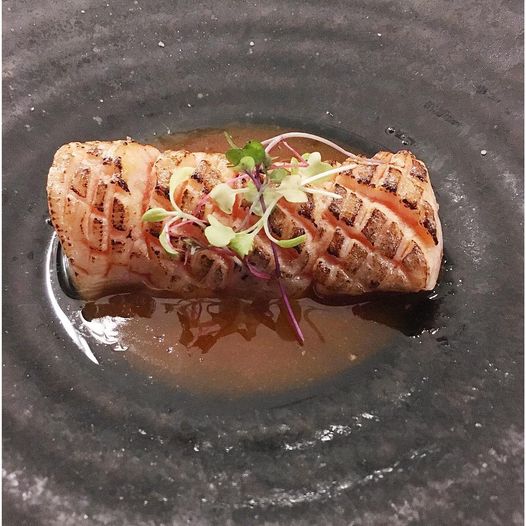
Sake Toro at Umami Japanese Bistro
Plump, buttery seared salmon belly is set atop a bed of gochujang vinaigrette and basil oil, and finished with smoked sea salt and microgreens.
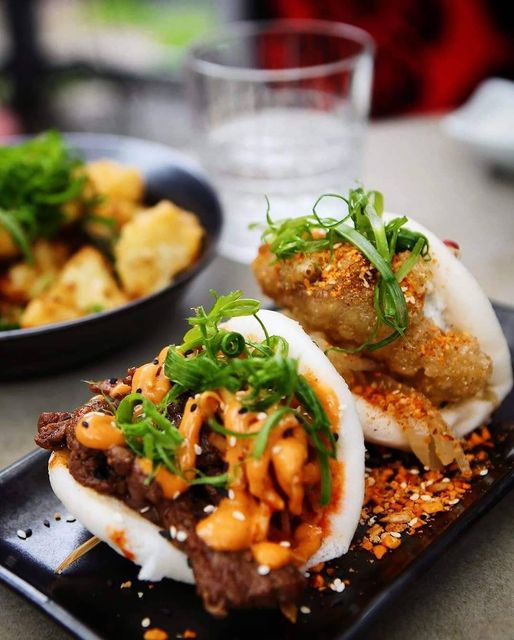
Hot Honey Chicken Bao at Chow Yum Phat
The many dishes in which CYP uses gochujang include the hot honey chicken bao, the most popular of the restaurants bao options. It’s made with deep fried thigh meat, gochujang aioli and is topped with pickled onions and CYP’s signature crack crunch.
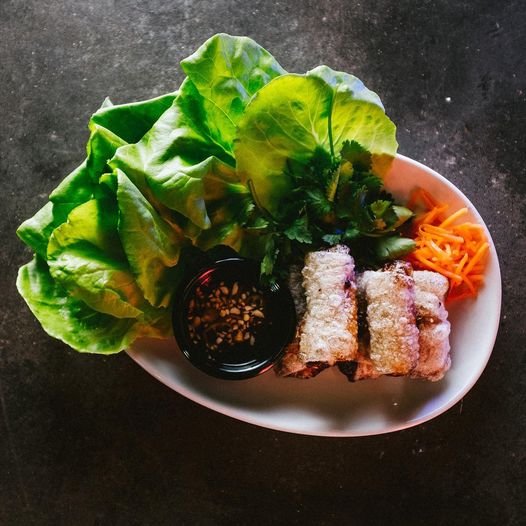
Vietnamese Eggroll Lettuce Wraps at Soji: Modern Asian
Hand-rolled eggrolls are stuffed with a mixture of ground pork, gochujang, minced ginger, garlic and are served with nuac cham sauce for dipping.
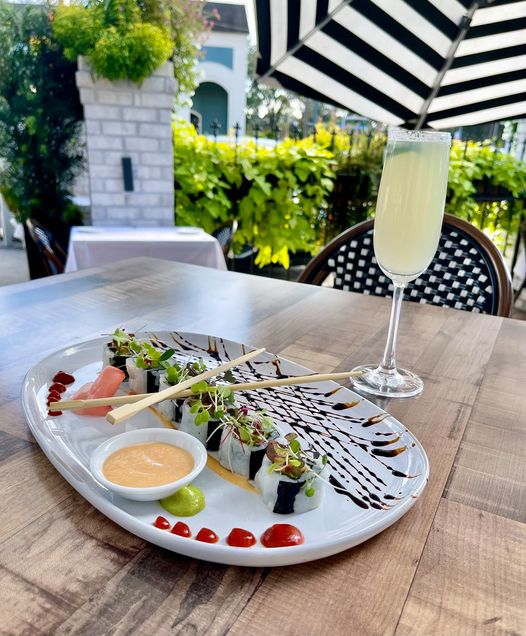
Spicy Crab and Crawfish Roll at Beausoleil Coastal Cuisine
Gochujang is the dark red garnish on Beausoleil’s spicy crab and crawfish roll, which pairs the seafood with avocado, mango and spicy sauces. The pepper paste is also used in a sauce for the restaurant’s Volcano Roll.
Gochujang: How to use this trendy ingredient and where to find it in Baton Rouge - 225 Baton Rouge
Read More
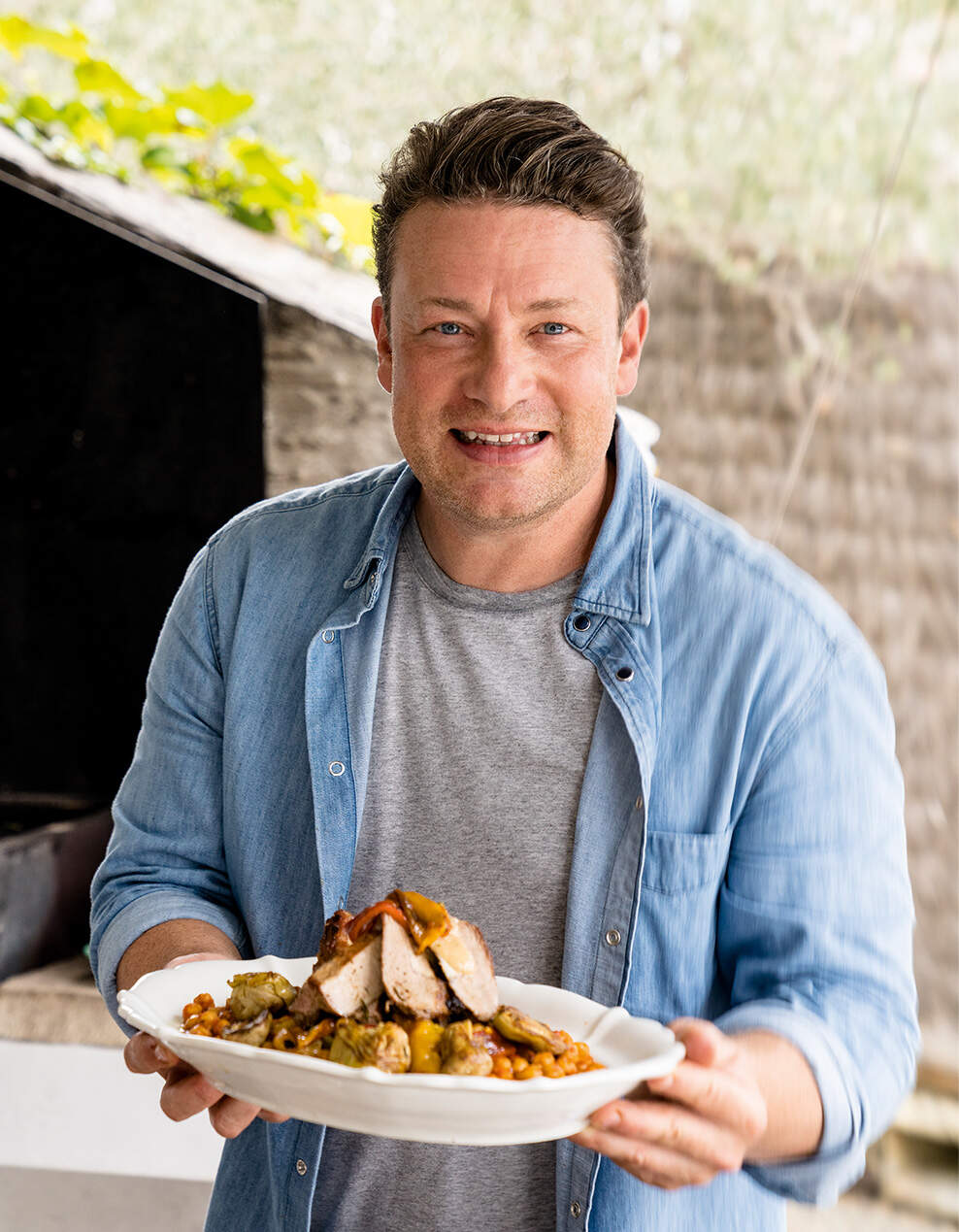
No comments:
Post a Comment